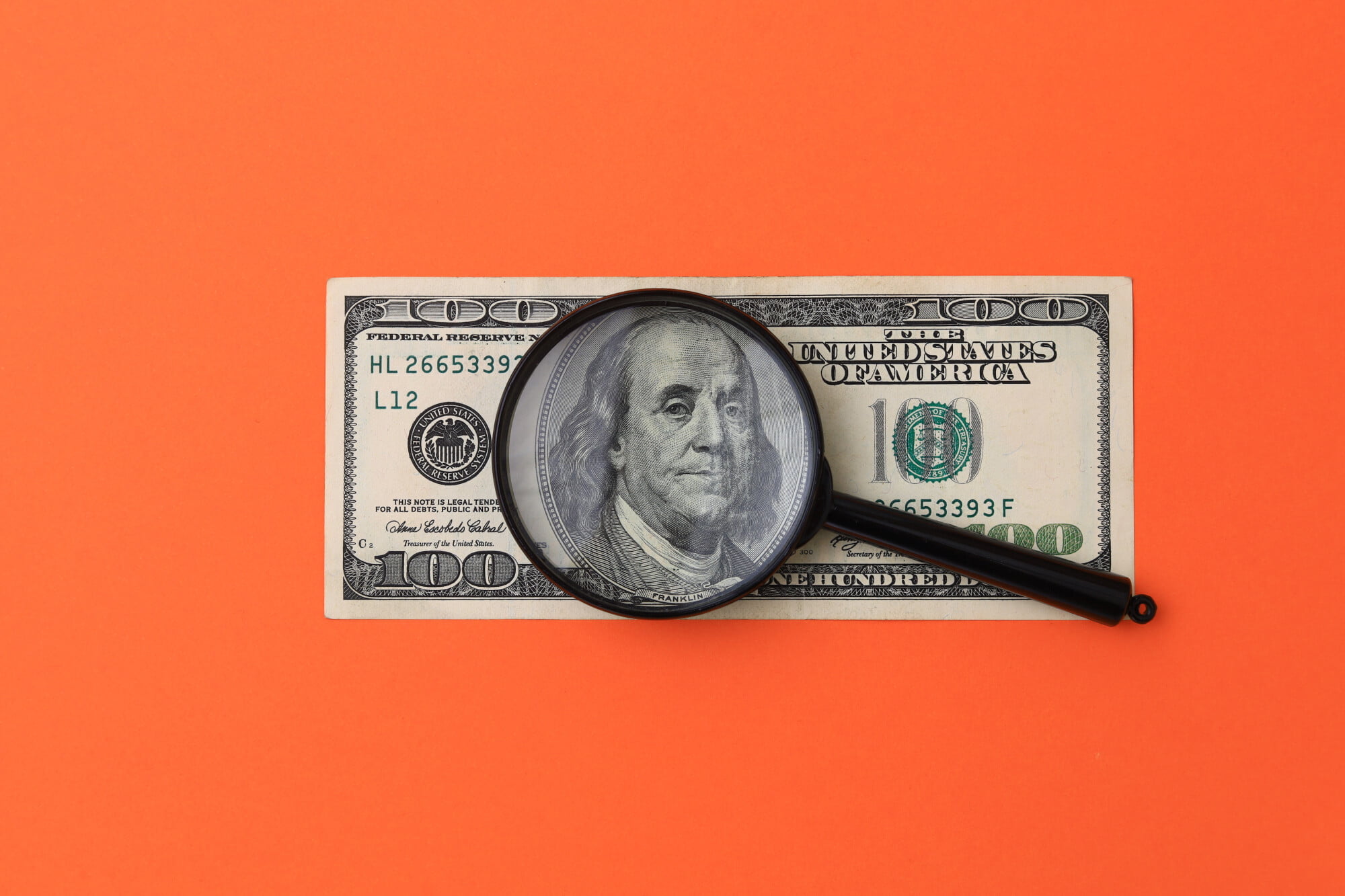Since the publication of The Wealth of Nations in 1776, the formal study of economics has attracted countless great thinkers. Its author, Adam Smith, might count as the most famous economist. The field has always presented new challenges, though, and many people have made long and storied careers in it.
As we approach the 250th year of economics as a discipline, though, we may ask: who’s shaping it now? Which thinkers will get studied in 250 more years?
We can’t say for sure what the future will bring, and whose ideas will stand the test of time. We can, however, take a look at some of the current and recent famous economists and their contributions.
Famous Twentieth-Century Economists
The following list includes some of the key modern economists who died before 2000. These thinkers helped provide the foundation for modern economics.
Milton Friedman
Milton Friedman’s career in economics spanned 70 years, during which he was one of the leaders of the Chicago school of economic thought. He challenged John Maynard Keynes’s ideas on economic growth while still using the Keynesian framework.
In 1976, he received the Nobel Prize in economic sciences, becoming one of the most famous economists of all time. In 1983, he became an emeritus professor at the University of Chicago. He spent much of the latter part of his career working in policy advocacy and advising political institutions.
F. A. Hayek
F. A. Hayek earned numerous awards for his work in economics, including the U.S. Presidential Medal of Freedom, membership in the Order of the Companions of Honour, and the Nobel Prize. His work centered on the role of prices in communicating information to consumers. This, he argued, let them make better decisions in planning their purchases.
Hayek also worked with the Cato Institute. This think tank carries Hayek’s legacy forward with considerable economic policy influence.
Famous Economists of the Twenty-First Century
These economists have continued their work well into the twenty-first century. Their leadership in the field will serve as the foundation for future academic work.
Joseph Stiglitz
Joseph Stiglitz, a professor at Columbia University, has received more than 40 honorary degrees for his work in economics as well as a Nobel Prize. His work has looked at economics in a broader context, including the role of economics in supporting worldwide democracy.
Some of his work has iterated on the writings of Henry George. This work looked at capturing the land rents generated by local goods. It also allows one to find the optimal size of a firm or city.
Esther Duflo
Esther Duflo has become one of the most cited economists on college syllabi. Her work has focused on the need for field experiments in economics and their role in unearthing causal relationships between economic factors.
Duflo’s work targets global poverty. In 2011, she and her husband Abhijit Banerjee published Poor Economics. The book details more than a decade of experimental work on the economics of poverty.
The Foundation of the Future of Economics
If these four have gotten you interested in economics or famous economists, continue to cast your net widely. Economics has attracted a lot of brilliant minds, each with a unique perspective on what makes economic systems move.
If you enjoyed this article, take a look at another of our finance articles. We hope you find more to fuel your interest in the field.




